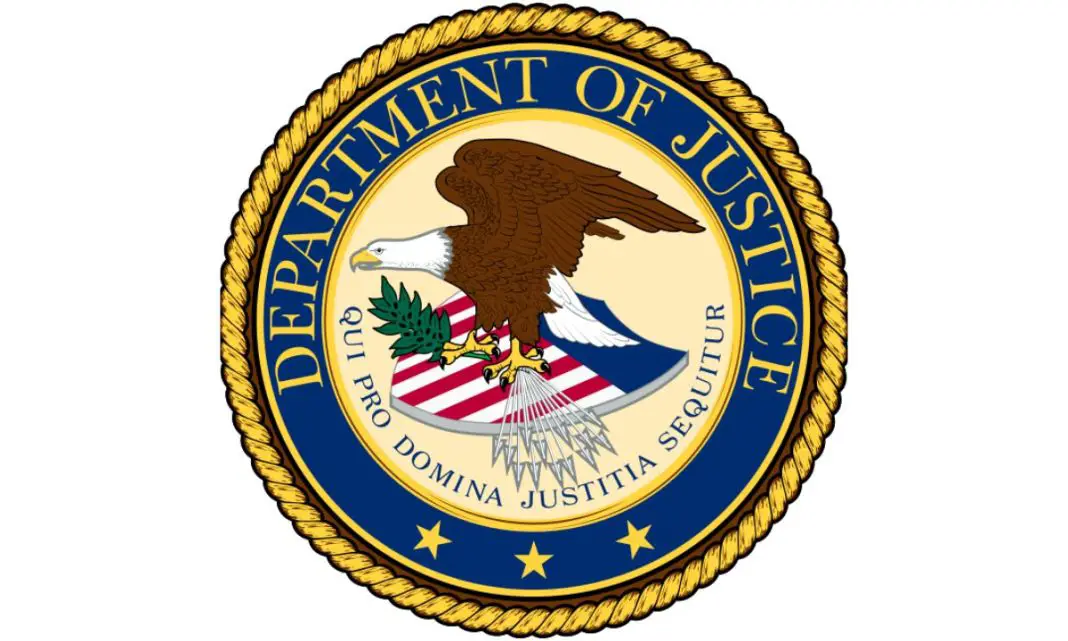The Justice Department just dropped the hammer on Oregon and Maine, filing lawsuits against them for stonewalling on handing over their voter registration lists. This move kicks off the first legal battles in the feds’ aggressive push to grab detailed voter info from states across the country.
Officials at the DOJ claim these two states are flat-out breaking federal law by holding back electronic copies of their voter rolls, along with details on voters who shouldn’t be on the lists at all. On top of that, Oregon got called out specifically for not coughing up any info on how they even keep their voter lists up to date and accurate.
These aren’t isolated cases—Oregon and Maine join a growing list of at least 26 states that the department has hit up for this data in the last few months, based on a tally from the Associated Press.
“States simply cannot pick and choose which federal laws they will comply with, including our voting laws, which ensure that all American citizens have equal access to the ballot in federal elections,” stated Assistant Attorney General Harmeet K. Dhillon of the Justice Department’s Civil Rights Division.
Spokespeople from the secretary of state offices in both Oregon and Maine said on Tuesday that they hadn’t gotten any official notice about these lawsuits yet, per the New York Post.
Plenty of states have pushed back hard on these data demands, pointing to their own local laws or slamming the DOJ for not meeting requirements under the federal Privacy Act. When states didn’t budge, federal officials fired off follow-up letters, slapping on tight deadlines to force compliance and turn over the voter info.
A few states tried compromising by sending over scrubbed versions of their lists—the kind that’s already public—but the DOJ wasn’t having it. They’ve repeatedly demanded the full monty, including sensitive personal details like names, birth dates, home addresses, driver’s license numbers, or even partial Social Security numbers.
The department didn’t stop at just Oregon and Maine; they’ve also put Minnesota and California on notice with threats of lawsuits if they don’t play ball. In Maine, Secretary of State Shenna Bellows has been one of the loudest voices refusing to hand over the data, making her stance crystal clear from the start.
Last week, her office revealed that the Justice Department came back with a second demand in August after she shot down their first one. “Maine has some of the best elections in the nation,” Bellows stated. “It is absurd that the Department of Justice is targeting our state when Republican and Democratic Secretaries all across the country are fighting back against this federal abuse of power just like we are.”
Over in Oregon, Secretary of State Tobias Read didn’t mince words either, firing back with his own strong response on Tuesday. “If the President wants to use the DOJ to go after his political opponents and undermine our elections, I look forward to seeing them in court,” he stated. “I stand by my oath to the people of Oregon, and I will protect their rights and privacy.”
This whole DOJ campaign has election officials on high alert, and for good reason—the agency doesn’t hold the reins on running elections under the Constitution. That job falls squarely to the states themselves, with Congress stepping in where needed. Plus, federal rules are in place to shield personal data from being freely shared with the government.
The Justice Department insists they’re after this detailed voter info to make sure states are sticking to federal election rules and keeping things fair. But election chiefs aren’t buying it, arguing that the feds might be eyeing this sensitive data for ulterior motives, like hunting down possible noncitizens lurking on the voter rolls.
In a related twist, the DOJ made a separate play back in August, asking for access to voting machines from the 2020 election in Missouri. The reasoning behind that request remains murky, but it popped up only two months after President Donald Trump pushed for a special prosecutor to dig into the 2020 vote—a contest he lost to Democrat Joe Biden amid widespread claims of irregularities.
This escalating fight highlights the deep divide over who controls America’s elections and how far the federal government can reach into state affairs. If the DOJ wins, it might open the floodgates for more federal oversight, but if states hold the line, it could reinforce local control against Washington overreach.
Do you support the DOJ’s efforts to demand voter data from various states? As always, let us know what you think by commenting down below!


They don’t want to lose their illegal votes, or the money they’ll receive because of those illegal votes. Illegals are federal criminals, and those states are aiding and abetting those federal criminals. Arrest the government officials who are refusing to comply with treason!!
Been checking out dv88bet lately and it seems pretty good. Decent interface, good odds, and it’s easy to use. Seems legit, and I’m having fun. You shold try it: dv88bet
Trying the fruit party demo on fruitparty.net is a smart idea. I was hooked instantly after playing it. You gotta test drive the demo first, trust me! See for yourself right here fruit party demo
Gembetapp, interesting. An app, alright! I hope it’s easy to use and got some good offers. I like to bet on the go! Check it out further at : gembetapp
f66 seems promising. Seeing what they’ve got on offer. Looking for my next place to bet and hopefully win. Gonna give this a go at f66.
Alright folks, heard about nilfortuneonline and thought I’d see what the buzz is about. Seems promising, gonna give it a go. Find out more at nilfortuneonline.